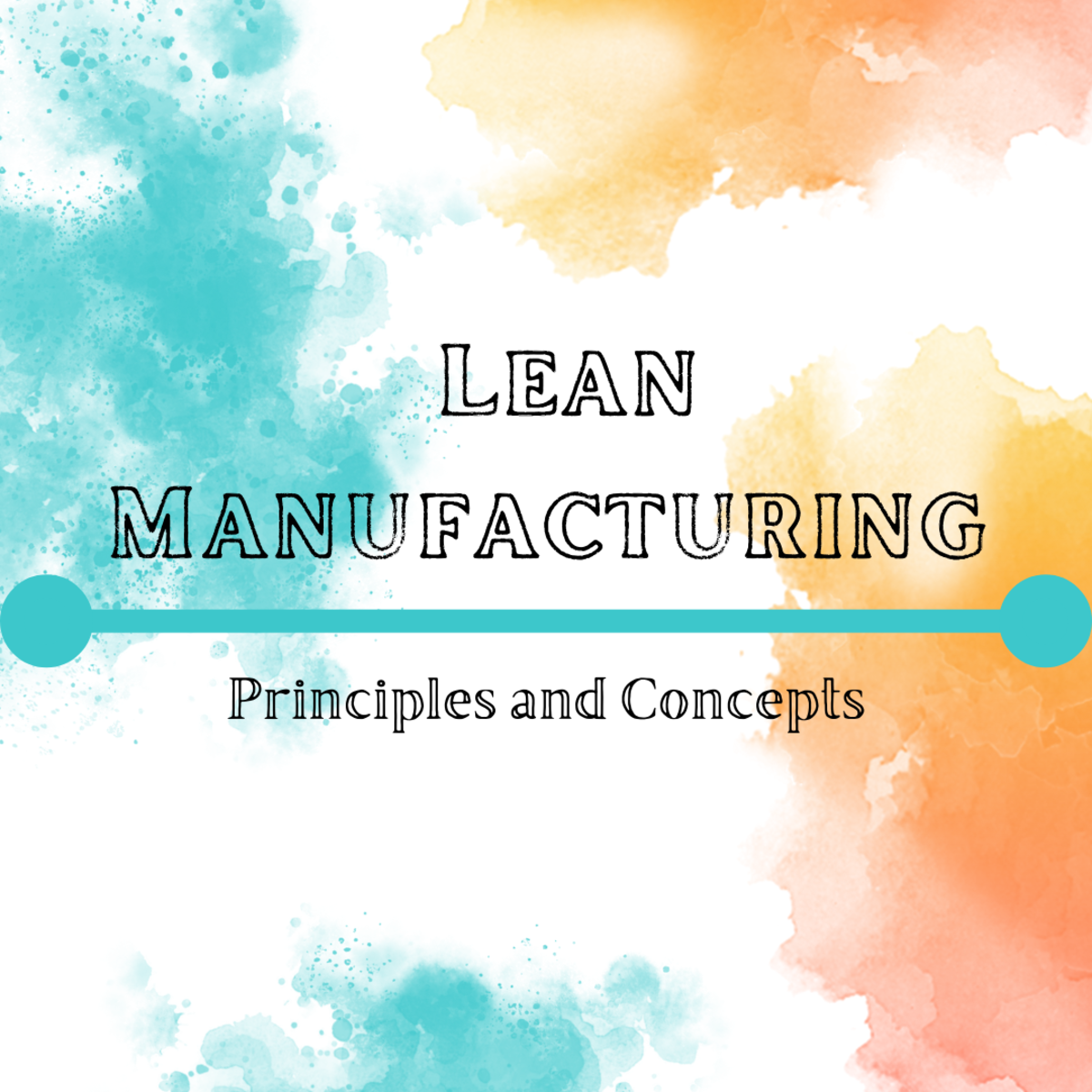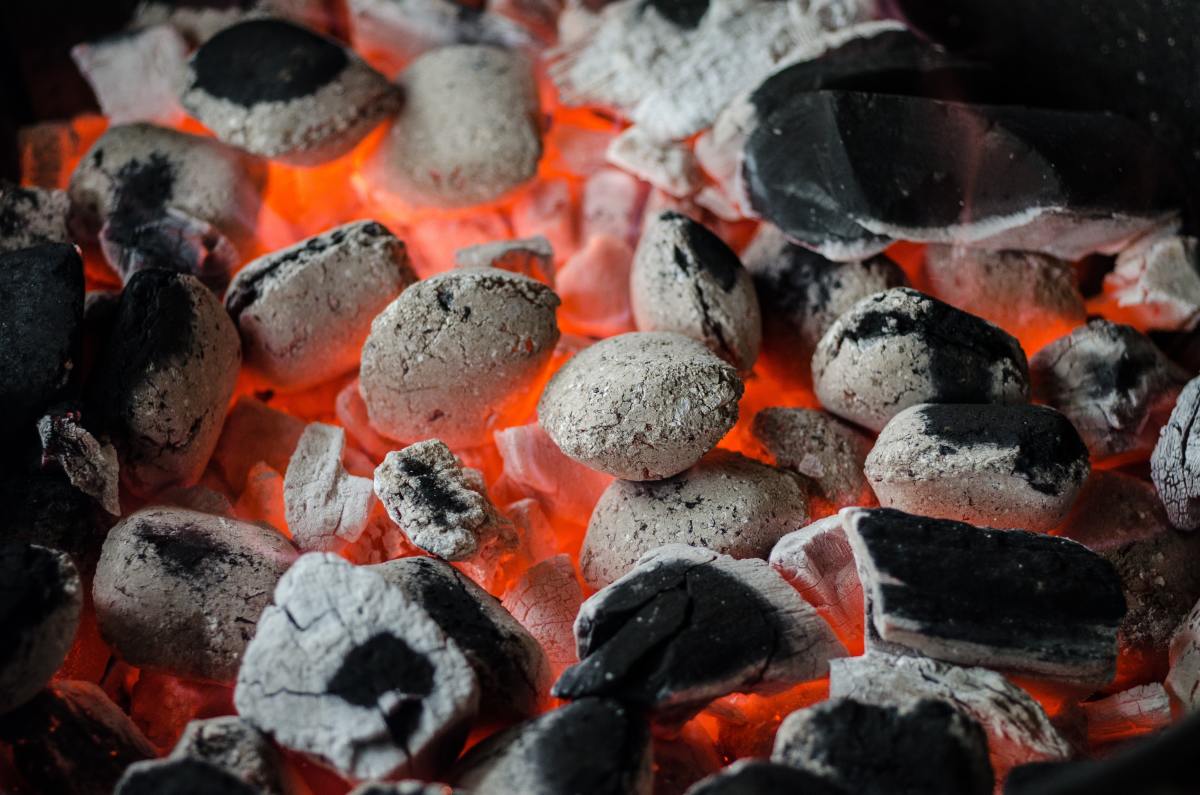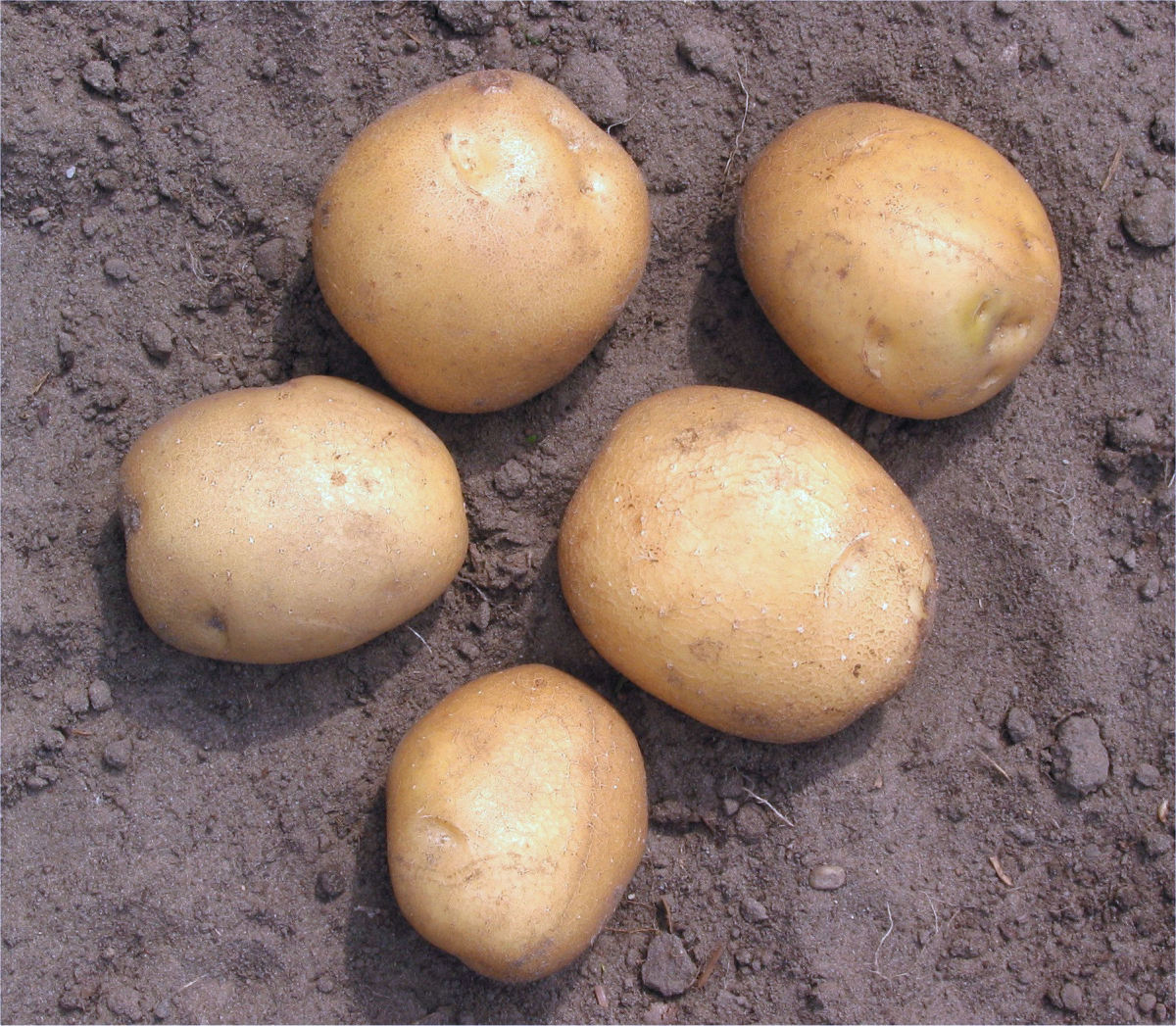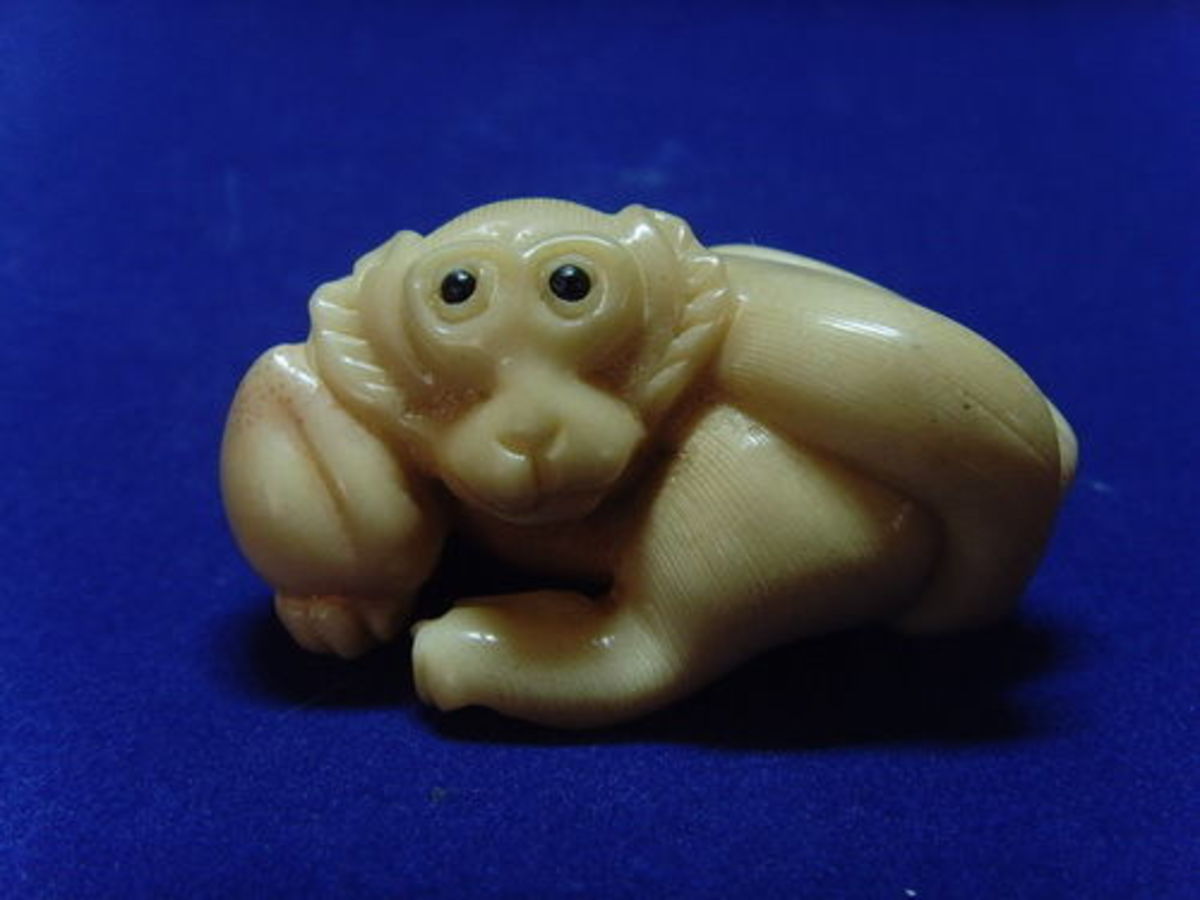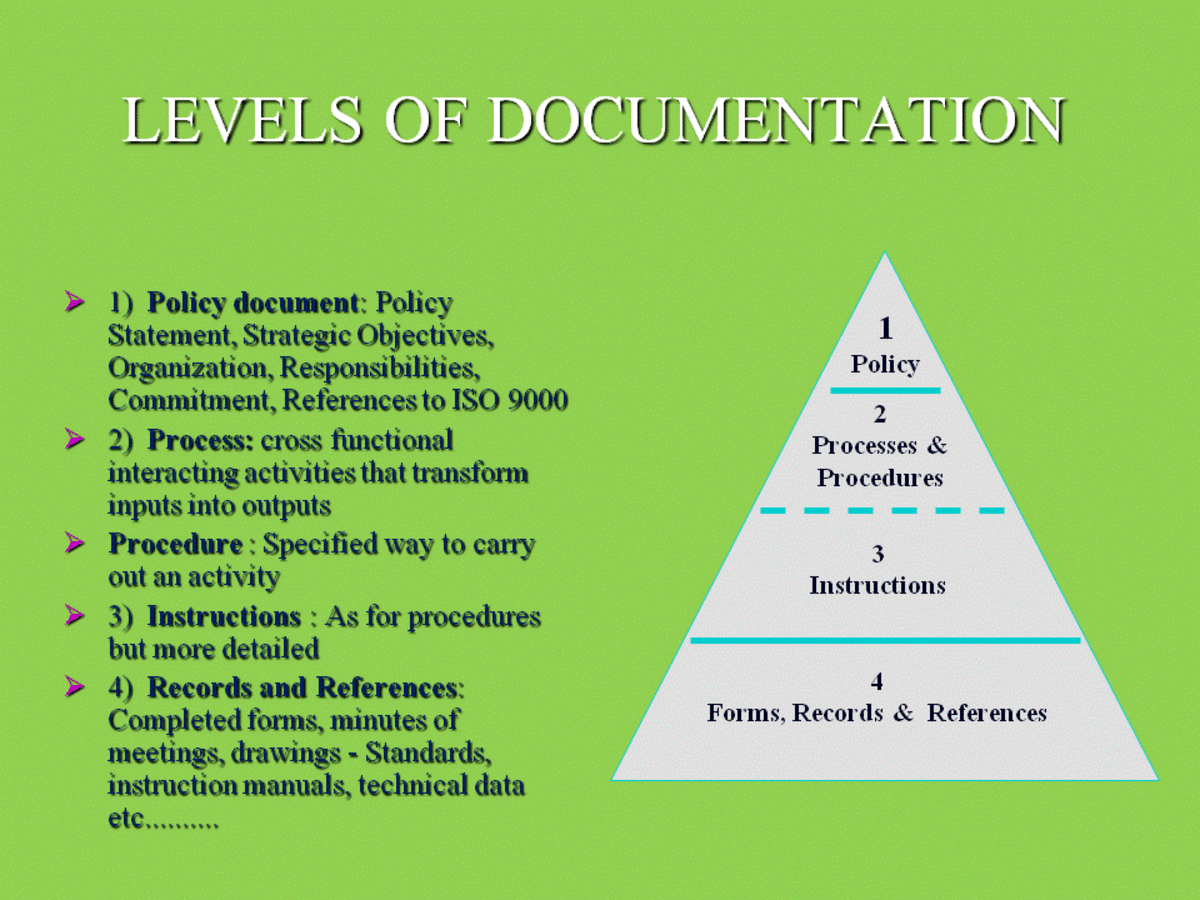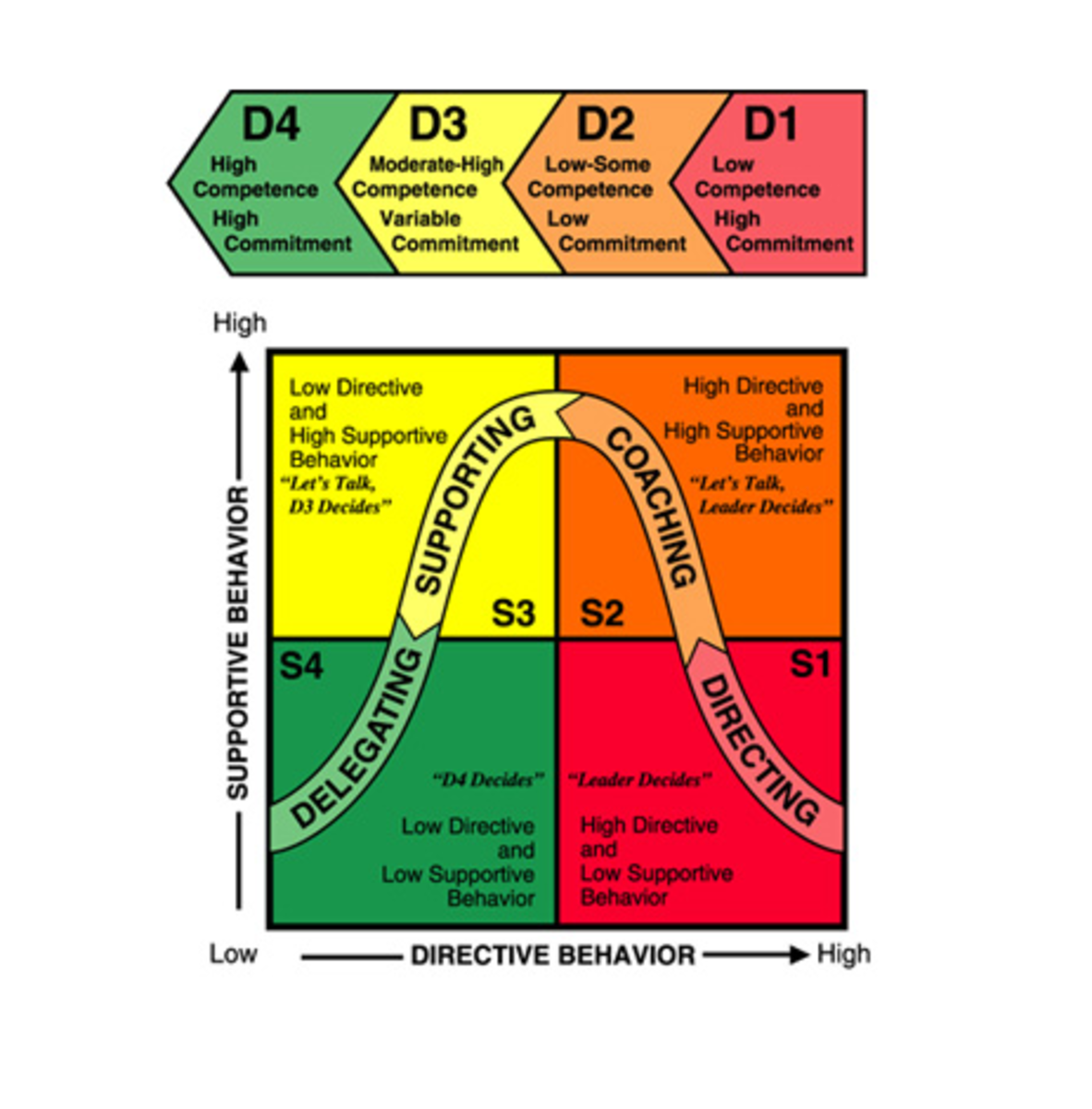How a Kenyan Entrepreneur Created a Business Empire out of Biomass Briquettes

When MARY NYAMBURA started making biomass briquettes in 2022, she had no idea that this will turn out to be a huge business empire that it is today. Her cleaner, cost-effective energy alternative has attracted immense demand from companies and institutions. She shares her business experience and journey to SILAS NYAMWEYA who visited her in her Kajiado workshop.
Briefly introduce yourself and tell us about Eco Charge Ltd.
I am the Founder and CEO of Eco Charge Ltd, a company based in Kajiado County specializing in biomass briquettes as a sustainable alternative to traditional charcoal and firewood. At Eco Charge Ltd, we are committed to climate change mitigation and women empowerment by providing affordable, eco-friendly fuel solutions while creating job opportunities, particularly for women and youth.
When did you initiate this venture and what inspired you?
Eco Charge Ltd was registered in 2019, but due to challenges like the COVID-19 pandemic, we officially started operations in 2022. My inspiration came from my childhood experiences, where I experimented with making charcoal balls using cow dung and chardust. Seeing how unsustainable charcoal production was, I wanted to provide a cleaner, cost-effective energy alternative while reducing deforestation and environmental degradation.
Where do you get the raw materials to make biomass briquettes and how is the process like?
We source our raw materials from local farmers, sawmills, and industries. This helps reduce waste while ensuring sustainable production.
At Eco Charge, the process of turning biomass into briquettes begins with collecting agricultural waste such as rice husks, sawdust and macadamia shells. The agricultural waste is then dried to a 12% moisture content to ensure efficient combustion. We then use a briquetting machine to compact the material under high pressure, forming solid, dense briquettes that provide a cleaner and longer-lasting fuel alternative. After production, the briquettes are packed in 50kg bags and delivered directly to our clients.
How has the business journey been since you started until now?
The journey has been both challenging and rewarding. We have faced setbacks such as cash flow constraints and rising production costs, but we’ve also achieved significant milestones, including securing partnerships with corporate clients and institutions that rely on our briquettes. While we are still working towards profitability, our impact in reducing carbon emissions and empowering communities keeps us motivated.
How did you manage to get orders from big companies and institutions?
We focused on quality, reliability, and customer education. By demonstrating the cost-effectiveness and efficiency of our briquettes, we were able to build trust with corporate clients. Additionally, we leveraged networking opportunities, referrals, and business accelerator programs like SheWins by IFC, BeGreen by the Tony Elumelu Foundation, Swift program by KCIC , Grassroot Funds (Jiinue Program) and Future Female Business School give us effective programs that train on market acquisition.
How much do you make in a good month, excluding costs?
Our revenue varies depending on market demand. In a good month we make an average of 600k to 800k.
What is your advice to young Kenyans who want to venture into jua kali business like what you are doing?
Start small but think big. Every great business starts with an idea—take action and keep improving. It is also important to be resilient. The business journey is tough, but persistence separates successful entrepreneurs from those who quit. Besides, it is good to leverage networks and mentorship. Surround yourself with people who have experience and can guide you. What is more, focus on solving a real problem; if your business addresses a pressing issue, people will buy into it.
Any major challenge you have faced in this business and how have you navigated through?
One of our biggest challenges has been cash flow management, especially with high fixed and variable costs. We are navigating this by: Seeking investment through revenue-sharing models to raise working capital. Optimizing our production process to reduce operational costs. Expanding our customer base to increase sales and revenue streams.
How are you planning to expand this business?
We are currently fundraising with a sh 500,000 ticket size to set up a manufacturing plant in Tanzania, where we already have strong market traction. Expanding into Tanzania will allow us to increase production capacity, reduce logistics costs, and serve a growing demand for sustainable fuel solutions in the region.
Additionally, we are exploring entry into the European market, where there is a rising demand for clean energy alternatives and carbon-neutral fuel sources. By scaling our operations strategically, we aim to position Eco Charge Ltd as a leading provider of biomass briquettes both regionally and internationally.
Your parting shot?
Sustainability is the future. Clean energy solutions like biomass briquettes are not just good for the environment but also for businesses looking for cost-effective alternatives. At Eco Charge Ltd, we are committed to leading this transition. To aspiring entrepreneurs—keep pushing, stay innovative, and always be willing to learn.

